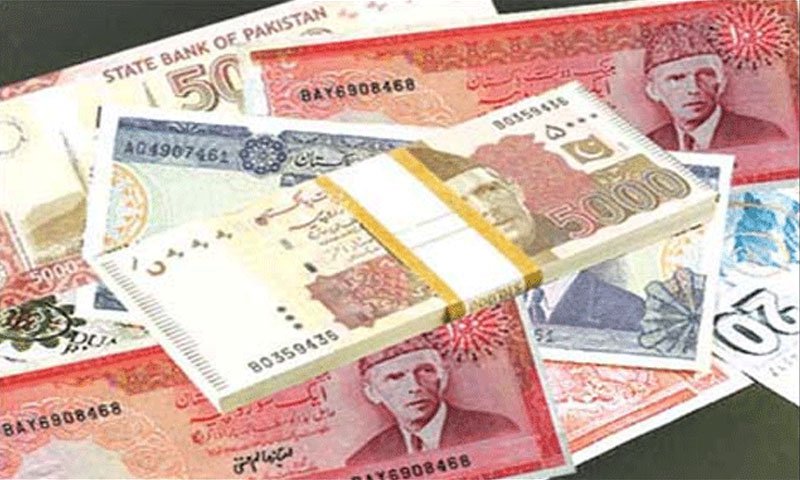

The ministry said the government hoped to encourage digital banking to "reduce the dependence on currency." The government frequently offers tax amnesties to encourage people with hidden wealth to declare assets and enter the banking system, hoping to expand an extremely narrow tax base.īut governments have struggled for decades to boost a meager tax-to-gross domestic product ratio of only about 10 percent. Pakistan has a huge informal economy, and transactions are often handled in cash, partly because much of the population is not in the formal sector. During the last financial year, 17 percent of currency notes printed were of the 5,000 denomination, the finance ministry said. The 5,000-rupee note is Pakistan's biggest.

"Given the continuing use of cash in transactions, the government believes that discontinuation of the 5,000-rupee note would adversely affect the efficiency of exchange in business," the ministry said in a statement, seen Tuesday by Reuters. Pakistan's Senate passed a nonbinding resolution this month calling for the government to follow suit to "reduce illicit money flow, encourage the use of bank accounts and reduce the size of the undocumented economy."īut the finance ministry ruled out such a demonetization, saying it world hurt business. India scrapped its two biggest currency bills - the 1,000-rupee ($15) and 500-rupee notes - in November in a bid to flush out money hidden from the tax man, leading to acute currency shortages and raising concern about growth there. Published in Dawn, August 15th, 2022 Now you can follow Dawn Business on Twitter, LinkedIn, Instagram and Facebook for insights on business, finance and tech from Pakistan and across the world.Pakistan's government has dismissed a recommendation from the upper house of parliament to scrap the 5,000 rupee ($48) bank note to cut the flow of illicit money and reduce the size of the informal economy. He hoped the crucial IMF bailout programme would provide reprieve to the country and Pakistan will not be vulnerable as compared to the countries that do not have the IMF programme. Talking about the economic challenges faced by the economy, Dr Syed advised citizens to not pay heed to misinformation propagated on social media.

Overseas Pakistanis could also avail the benefits of financial planning for their retirement through RPP, he said.

Mr Syed also inaugurated the Roshan Pension Plan (RPP) under the Roshan Digital Account initiative for Overseas Pakistanis. While unveiling the banknote in a ceremony at the SBP Museum, SBP Acting Governor Dr Murtaza Syed said that while coins and postage stamps were regularly issued to mark days of national importance, it was rare for the SBP to issue a commemorative banknote. “The Markhor and Deodar trees pictured on the reverse of the Banknote highlight our national commitment to address climate change and its repercussions,” a statement issued by the SBP mentioned. The green and white currency note has tones of yellow, where the green represents growth and development and derives inspiration from the country’s Islamic identity and the white colour emphasises religious diversity of the population, according to the SBP. KARACHI: To mark the country’s 75 years of independence, the State Bank of Pakistan (SBP) on Sunday issued a Rs75 commemorative banknote featuring not only the portraits of Quaid-i-Azam Mohammad Ali Jinnah, Allama Iqbal, Mohtarma Fatima Jinnah and Sir Syed Ahmed Khan but also highlighting nation’s commitment to address climate change. The State Bank of Pakistan introduced the first emergency issues in the denominations of 5, 10, and 100 rupees, printed by De La Rue & Company between 19.


 0 kommentar(er)
0 kommentar(er)
